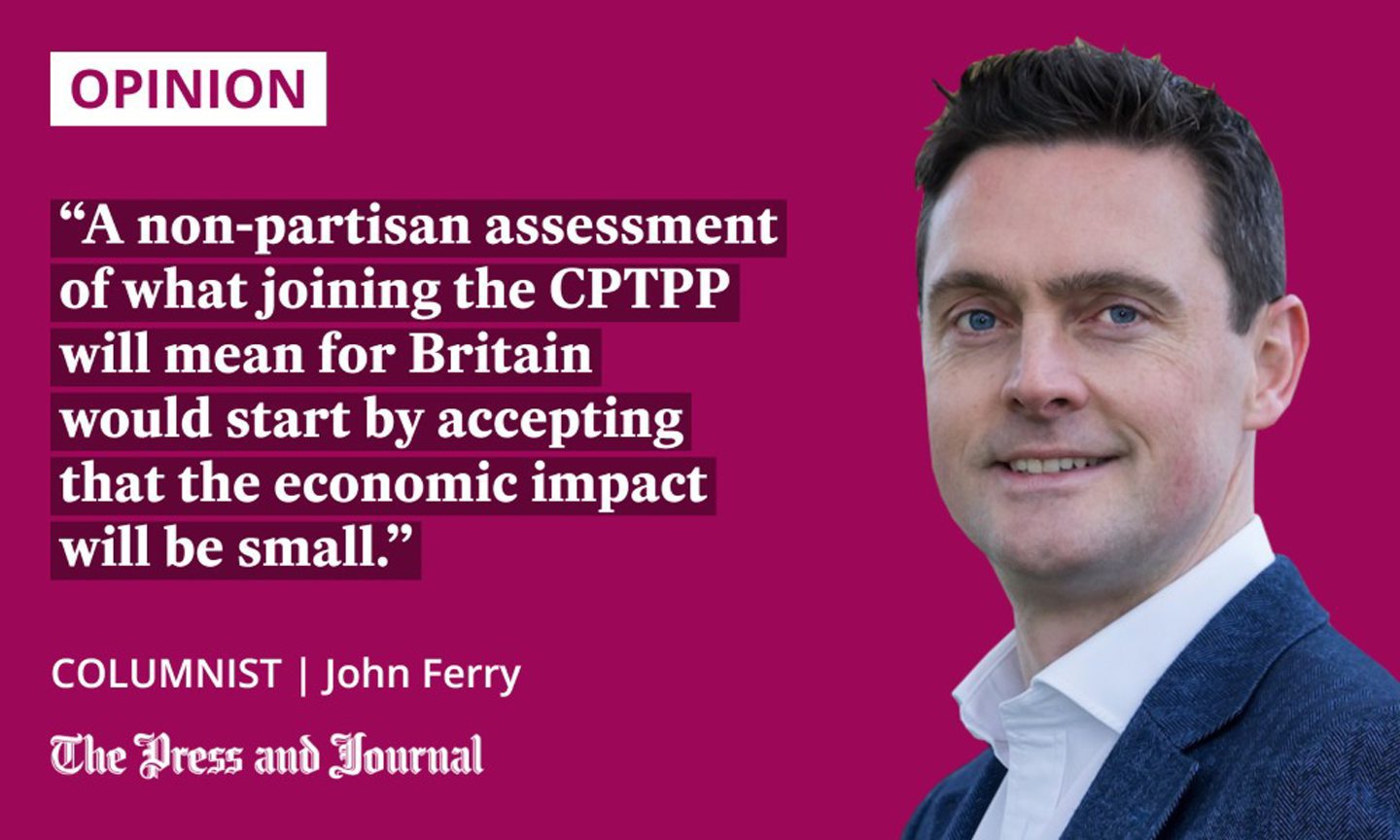Rishi Sunak’s government went all in at the weekend on trumpeting the economic benefits of the UK joining the Comprehensive and Progressive Agreement for Trans-Pacific Partnership (CPTPP), the free trade club that encompasses 11 countries around the Pacific Rim, including Canada, Australia, Japan, Singapore and Malaysia.
Kemi Badenoch, the business and trade secretary, formally signed a treaty confirming accession to the bloc in New Zealand on Sunday.
This is a “mega deal” said the government in its press release, which also stated that the UK is acceding to a “trade bloc now worth £12 trillion in GDP”. This led to some misleading reporting, such as one newspaper’s front-page splash that the deal represented a “£12 trillion Brexit trade boost”.
Of course, joining a free trade area of countries with collective GDP of £12 trillion does not equate to £12 trillion in additional trade. This sort of delusional boosterism is par for the course from those desperate to find an upside to what has clearly been an economically damaging Brexit.
In reality, the UK Government’s own analysis suggests that joining the CPTPP will increase UK GDP by about 0.08%. By contrast, the Office for Budget Responsibility has estimated leaving the EU, which enabled the UK to independently join the CPTPP, will reduce the UK’s potential GDP by 4% in the long term.

When it comes to examining the benefits of moving away from, or moving closer to, particular trade blocs, the public’s understanding of the consequences of such actions would be greatly enhanced by replacing delusion and spin with truth and reality. This might seem like a distraction at a time when many households are struggling to pay their bills, but it is important.
Trade policy has real world impacts on jobs and livelihoods and how much money the government has to spend on public services. If Britain had not opted to leave the EU’s customs union and single market, then the UK Government – and by extension the Scottish Government – would today have more money to spend on health, on education, and in other areas.
CPTPP membership brings limited economic upside
A non-partisan assessment of what joining the CPTPP will mean for Britain would start by accepting that the economic impact will be small. However, as pointed out by Marianne Schneider-Petsinger at the think tank Chatham House, the upside for the UK is more likely to be strategic rather than economic.
“[The UK] needs to use CPTPP membership as a tool for broader foreign policy objectives and deepening relations with key regional partners – giving the UK a chance to promote its vision and credentials as a supporter of international governance,” says Schneider-Petsinger.
The UK is the first European member of CPTPP, which now becomes a global grouping of mid-sized powers committed to free markets and rules-based international trade. At a time when non-market economy policies and protectionism are proliferating, and when the leading democracies are looking for ways to counter China’s growing influence in the world, this could be a useful platform to help shape the century.
In summary then, a realistic assessment of the benefits of CPTPP membership would likely conclude that it brings limited economic upside, but potentially significant strategic upside in terms of global influence, while also accepting that this ability to help shape the international order might well have been maximised by remaining in the EU.
Scotland has its own trade bloc delusionists to deal with
Here in Scotland, we have our own version of trade bloc delusionists to deal with. Since the UK left the EU, those advocating for a Scottish exit from the UK have, ironically, adopted the very same economic trade arguments used by those who sold us Brexit: we should cut ourselves off from our biggest and closest markets that we are tightly integrated with for opportunities elsewhere, and we can dismiss any rational, evidence-based assessments of the outcome.
When this compelling analysis was published in 2021, Nicola Sturgeon’s government dismissed and tried to discredit it. It was a shameful response
Respected trade economists at the London School of Economics have analysed the economic impact on Scotland of independence and compared it with Brexit. They found that the economic costs of independence, in terms of trade disruption induced economic damage alone, would be two to three times greater than the impact of Brexit. This is because Scotland’s trade with the rest of the UK is about four times larger than its trade with the EU. Moreover, these trade-related costs are similar, regardless of whether an independent Scotland then accedes to the EU.
When this compelling analysis was published in 2021, Nicola Sturgeon’s government dismissed and tried to discredit it. It was a shameful response, but entirely in keeping with the blinkered approach taken by those intent on achieving separation at any costs, whether they be Brexiters or Scexiters.
There is a lesson here. Beware the trade bloc delusionists. They do not have Scotland’s economic interest at heart.
John Ferry is a regular commentator on Scottish politics and economics, a contributor to think tank These Islands, and finance spokesperson for the Scottish Liberal Democrats
